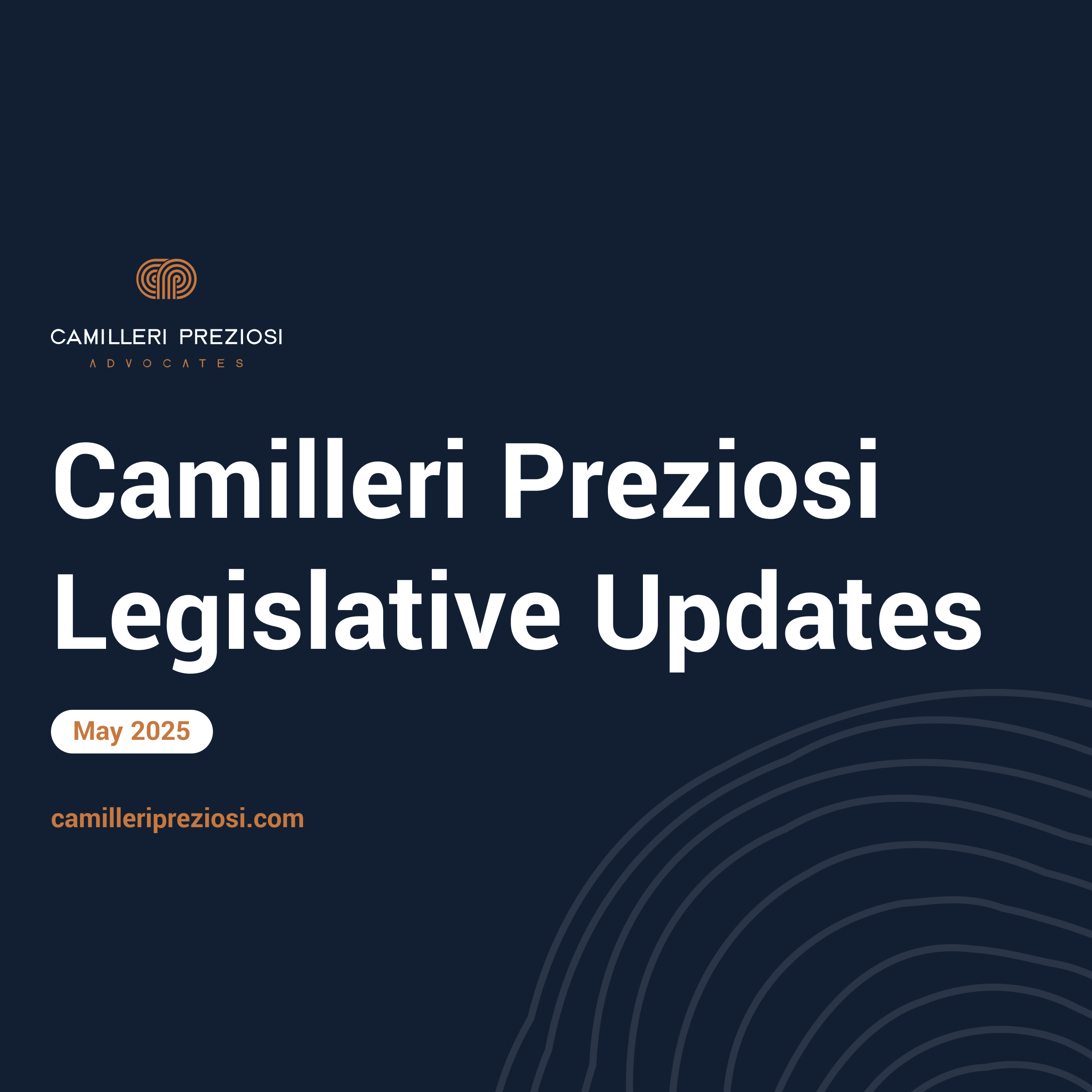
Donald Vella, Kirsten Debono Huskinson and Gabriella Chircop have contributed, once again, the Malta Chapter to the Corporate Tax 2024 Global Practice Guide, published by Chambers and Partners.
In summary, the Guide covers the following topics:
Types of Business Entities, Their Residence and Basic Tax Treatment
Corporate structures and tax treatment; transparent entities; determination of tax residence of incorporated businesses; applicable income tax rates.
Key General Features of the Tax Regime Applicable to Incorporated Businesses
The calculation of taxable profits including deductibility of allowable expenses; special incentive schemes that are available to support companies investing in research and development in different areas of science and technology; basic rules on loss relief; the limitations imposed on deduction of interest; basic rules on consolidated tax grouping; taxation of capital gains, imposition of stamp duty, VAT and customs duties.
Division of Tax Base between Corporations and Non-Corporate Businesses
The tax treatment relating to the payment of dividends by a Maltese company, including the full imputation system and tax refund mechanism; the tax treatment of a sale of shares held by individuals in closely held corporations versus publicly traded corporations.
Key Features of Taxation of Inbound Investments
Imposition of withholding taxes on dividends and payments of interest or royalties from a Maltese company to a resident or non-resident person; Malta’s tax treaty network; principal purpose test; transfer pricing issues and disputes.
Key Features of Taxation of Non-Local Corporations
Difference in tax treatment of local branches versus local subsidiaries; capital gains accruing to non-residents; change of control provisions; constraints on related-party borrowing.
Key Features of Taxation of Foreign Income of Local Corporations
Tax treatment of foreign income generated by Malta tax resident companies; applicability of the participation exemption; taxation of dividends from foreign subsidiaries; taxation of gains derived from the transfer of intellectual property or profits from royalties derived from the licensing of intellectual property.
Anti- Avoidance
General anti-avoidance rule under Maltese Income Tax Act; ATAD anti-abuse measures including interest limitation rules, exit tax rules, general anti-avoidance rule, controlled foreign corporation rules, rules on hybrid mismatches.
BEPS
Implementation of the OECD’s Base Erosion and Profit Shifting (BEPS) Project’s action points; the ratification of the Multilateral Instrument; adoption of the EU Minimum Tax Directive (Pillar Two), transfer pricing changes; transparency and country-by-country reporting.
You can view the full chapter by clicking here.
Reproduced with permission from Chambers and Partners. This Guide was first published in Chambers and Partners Practice Guides.








